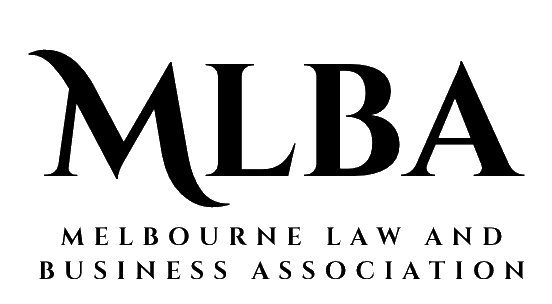
AI as an ‘Inventor’ of Patents: Understanding the Ethical Implications of Generative Content
By Nila Nagarajah & Neel Murshed
The rigidity of Australia’s patent system has successfully protected human design and investment. It is unsurprising, however, that the emergence of Artificial Intelligence (AI) has disrupted this ‘human-driven’ notion of innovation. In particular, Generative AI (GenAI), like models such as ChatGPT, are trained to collate data across various sources to produce content on command.1 This content, albeit efficiently produced, raises several ethical debates about the recognition of AI and its disturbance of human innovation under IP laws.2
Can GenAI content be considered ‘true innovation’?
All current GenAI models function through ‘machine-learning’.3 When producing output, these models gather immense information from various sources of public and third-party data.4Whilst this clearly raises greater IP dilemmas with respect to ownership of material, the more pressing debate is whether the output itself can be considered an ‘invention’ by the AI model. As discussed below in Commissioner of Patents v Thaler (‘Thaler’),5 the Federal Court found that AI may be classified as an ‘inventor’ under the patent regime. However, the question remains about the moral implications of treating models as true innovators of a ‘novel’ idea, when they are programmed to extract and combine pre-existing data.
Australia Courts Agree AI can be the ‘Innovator’: Thaler v Commissioner of Patents
Most recently, Thaler considers the question of if AI and its generative output can be considered as an ‘inventor’ of products or ideas, by way of its meaning within the Patents Act.6 Dr Stephen Trainer and his AI system known as DABUS, challenged the Patent Cooperation Treaty by naming his model as the originator of products improving fractal containers of food.7 Contemplated across several global jurisdictions, the Australian Federal Court highlighted a novel perspective on patent regulations. Whilst later reversed on appeal, the notion of inventorship was briefly expanded beyond a person to encompass the idea that AI models can be ‘responsible for the inventive concept’.8 Despite the Full Court reaffirming the invalidity of the patent, the Justices did not deny the future possibility of an AI system being granted a patent, denoting the definition of ‘inventor’ as a ‘question of law’.9 Hence, while it appears the DABUS case has provided a conclusive decision, our understanding of ‘inventors’ could later be subject to change with proceeding cases with advanced AI models. Naturally, this acceptance of AI models under patency law will bring with it a myriad of moral and ethical implications.
Ethical Implications of GenAI under Patent Law
AI-generated innovations encourage technological advancements, contributing to societal progress. However, it also raises completing ethical concerns. AI can generate outputs with minimal human involvement; this can complicate the issue of liability in legal disputes relating to AI and IP. Perpetrators may attempt to distance themselves from the potential misuse or infringements by attributing conduct to the AI’s relative autonomy. This discretion raises ethical concerns, as it risks creating flaws in the imposition of liability where it becomes difficult to hold parties responsible for the harmful consequences arising from AI-generated innovations. The judiciary and policymakers must ensure measures that firmly regulate GenAI innovations and address alleged violations of intellectual property infringements. Without such measures, the functioning of AI within the frameworks of intellectual property law risks being compromised, undermining its equity and effectiveness.
What can we expect?
With the complexities of intellectual property law, it is inevitable that we will experience challenges with our rapidly advancing technology. However, the DABUS cases and broader governmental actions have shown us that Australia is well-equipped to deal with the forthcoming ethical implications of AI systems. Whilst the consequences of these decisions will have wide-reaching impacts on Australian businesses and labour, it appears that, for now, human-centred innovation is here to stay.
1Generative AI and the IP system’, IP Australia, (Web Page, 3 June 2023) <https://www.ipaustralia.gov.au/temp/Generative-AI-and-the-IP-System.html>.
2Robyn Chatwood, ‘AI and Intellectual Property Rights’, Dentons (Web Page, 28 January 2025) <https://www.dentons.com/en/insights/articles/2025/january/28/ai-and-intellectual-property-rights>.
3Ibid.
4Ibid.
5[2022] 289 FCR 45 (‘Thaler’).
6Ibid.
7Ibid 2 [2]-[3].
8Ibid 32 [122].
9Ibid.

